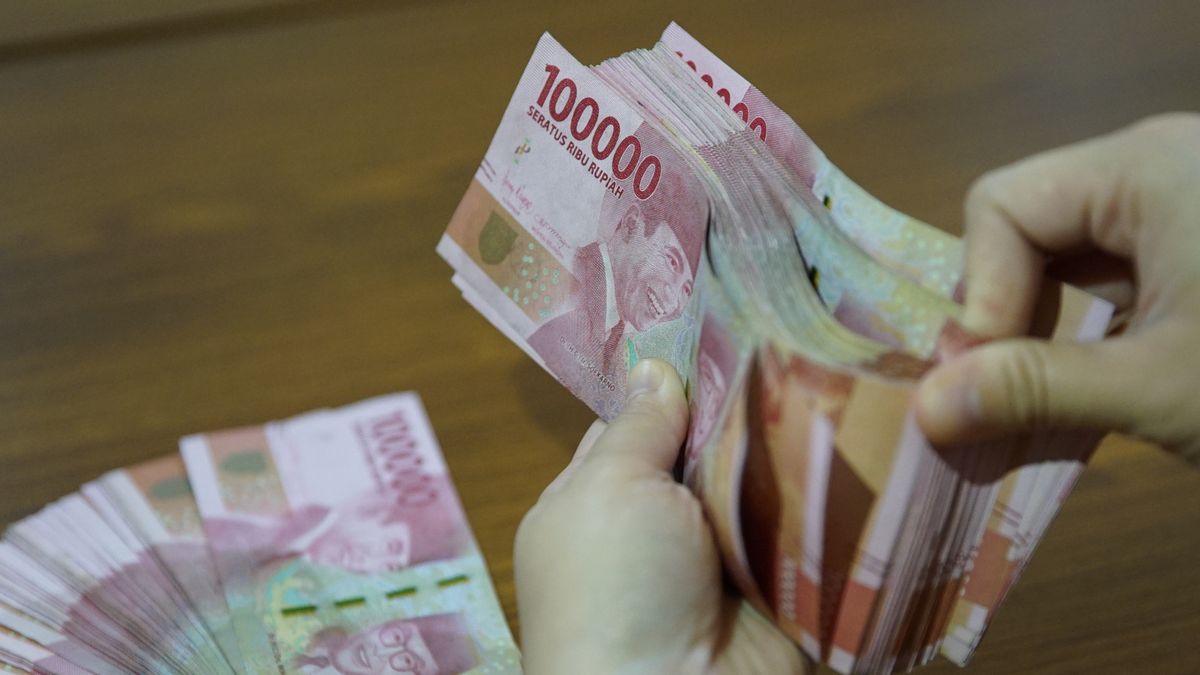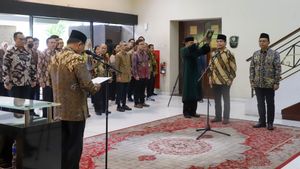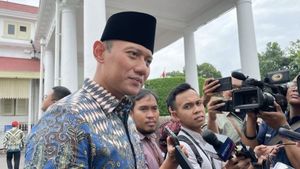
JAKARTA - The government's decision to allocate waqf funds worth Rp597 billion to build infrastructure raises several questions regarding the law on the use of the waqf money.
Reported by VOI from Iwakaf, Thursday, January 28, the law on the use of waqf money is divided based on three opinions of scholars. First is the opinion of Syeikhul Islam Ibn Taymiyyah, who argues that the use of legal waqf money is permissible.
This opinion is believed by some of the scholars of the Shafi'i school of thought, explaining that waqf can be used as business capital whose profits can be channeled to mauquf alayh (or according to the purpose of the waqf). In addition, this opinion believes that waqf money can be allowed as a loan.
The second opinion states that waqf money should not be used, as believed by adherents of the Hanafi school, some scholars of the Maliki school, the Shafi'i school, and the Hambali school.
This opinion believes that waqf of property and objects cannot be used unless the property has disappeared. For example, dinar, dirham, food and drink waqf is not allowed.
The third opinion states that waqf money can be used but it is difficult to use the law. This opinion is as believed by some scholars of the Maliki school of thought.
This opinion refers to the book Mawahib Jalil, dinar and dirham waqf (or whatever the object disappears) and is used, then the law is makruh.
In Indonesia, the law of waqf is explained by the Indonesian Ulema Council (MUI) by issuing a fatwa on the ability of cash waqf. The fatwa considers flexibility (flexibility) and benefit.
Regarding the use of waqf money by the state, previously, the Minister of Finance (Menkeu) Sri Mulyani explained that along with the enthusiasm of the community in waqf, money management will focus on strengthening the Islamic Social Safety Net.
"Through trustworthy, transparent and professional management, waqf money and waqf-based financial instruments can help accelerate national development and improve people's welfare," said Sri Mulyani, Monday, January 25.
The English, Chinese, Japanese, Arabic, and French versions are automatically generated by the AI. So there may still be inaccuracies in translating, please always see Indonesian as our main language. (system supported by DigitalSiber.id)












